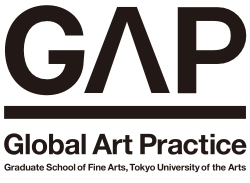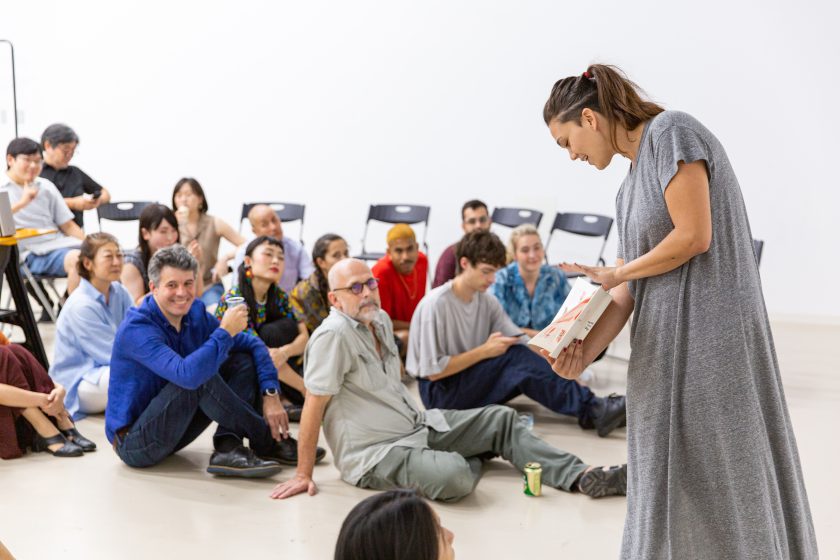Dean of Academic Programmes
Art Performance and Programme X UAL
University of the Arts London Central Saint Martins
There is nothing. We don’t hope. We have no ambition. There is no particular point.
Negative and reductive phrases that are immediately demotivating and undermining of cultural aspiration. Either that, or words presented out of context.
Tokyo University of the Arts and UAL: University of the Arts London Central Saint Martins are two educational institutions specializing in Art and Design that are each recognized for their global influence, the excellence of their legacy, and the depth of their impact on contemporary cultural landscapes. We have chosen to work in consort, to affect distinctiveness in the area of international partnership and collaboration. We have elected to forefront student agency and co-operation as a means of seeding change (cultural and social). We have initiated a long-term commitment to mutual recognition as a route to a genuine exchange of values and perspectives. We are actively and strategically connecting to a much wider network of specialist Universities in the interest of a future facing Shared Campus that harvests wisdom from experience.
We are doing all of this for nothing, with no particular hope and no fixed ambition.
It is way past the time when we should start to actively doubt orthodox positions and dominant cultural voices that have no basis in diversity or a range of insights. It’s time to want nothing, because we need to imagine everything. It is the moment to capture hope in the processing of positive actions. The next generation, our students, can work without ambition because there is an immediacy; their efforts and discourses are meaningful in the now. There is no particular point, because there are multiple perspectives and multiple solutions that demand a fairer environmental and social ecology and a more equitable distribution of positive outcomes.
It is not necessary to grow transcultural collaborations, it’s essential. If we believe in humanity, there are no national borders. If we need global solutions, we need international communities. If our future is to be assured, it is vital that our individuals can connect their realities. And, if we aspire to education, we have to start to learn from outside of our own priorities.

